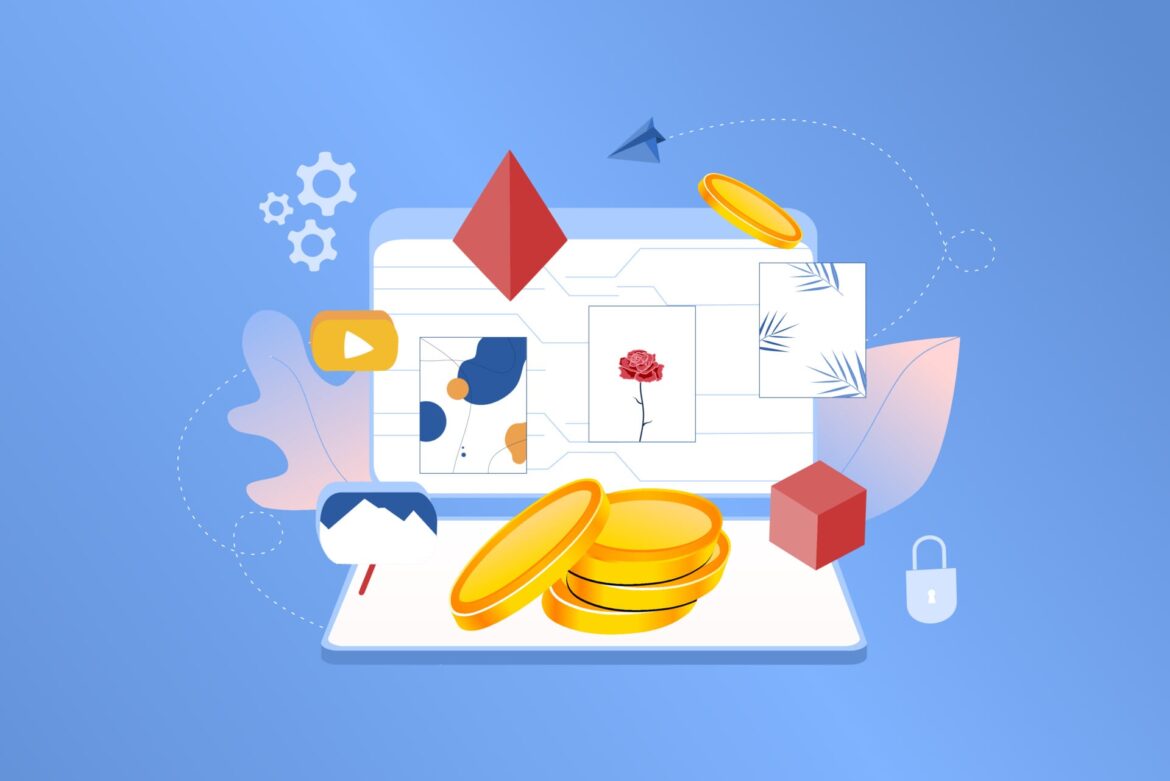Tokenization is the process of converting a physical asset, such as real estate, artwork, or even a collectible, into a digital token that can be bought, sold, and traded on a blockchain. These tokens, also known as security tokens, represent ownership or a share in the underlying asset and can be easily bought and sold on a variety of online exchanges.
In recent years, tokenization has gained significant traction as a way to democratize access to alternative investments, such as real estate or fine art, which were previously only accessible to a select few. It has also provided a new avenue for companies to raise capital through initial coin offerings (ICOs) and security token offerings (STOs).
But why is tokenization being hailed as the future? In this blog post, we’ll explore the various benefits of tokenization and how it is revolutionizing the way we think about ownership and investment.
Contents
The Benefits of Tokenization
There are several key benefits to tokenization that make it an attractive option for both investors and issuers.
Increased Liquidity
One of the primary benefits of tokenization is increased liquidity.
Traditional assets, such as real estate or fine art, can be difficult to sell quickly and often require a lengthy and costly process.
Tokenization allows these assets to be easily bought and sold on online exchanges, providing a much-needed liquidity boost.
Lower Barriers to Entry
Tokenization also lowers the barriers to entry for investors looking to participate in alternative investments. These types of investments, such as real estate or private equity, have traditionally been reserved for high net worth individuals or institutional investors. Tokenization allows smaller investors to participate in these investments by allowing them to buy and sell smaller fractions of the asset.
Improved Transparency and Security
Tokenization also brings increased transparency and security to the investment process. By using blockchain technology, all transactions are recorded on a secure and transparent ledger, providing a clear record of ownership and reducing the potential for fraud or mismanagement.
Reduced Costs
Tokenization also has the potential to reduce costs for both investors and issuers. By eliminating the need for intermediaries, such as brokers or lawyers, the transaction process can be streamlined, resulting in lower fees and faster turnaround times.
The Future of Tokenization
It’s clear that tokenization has the potential to revolutionize the way we think about ownership and investment. As more and more assets are tokenized and the technology continues to mature, we can expect to see tokenization play a larger role in the financial world. Some experts even predict that tokenization will eventually replace traditional forms of ownership, such as stocks and bonds, as the preferred method for investment. While it’s still too early to say for certain, it’s clear that tokenization is a technology to keep an eye on as it continues to disrupt the financial industry.


